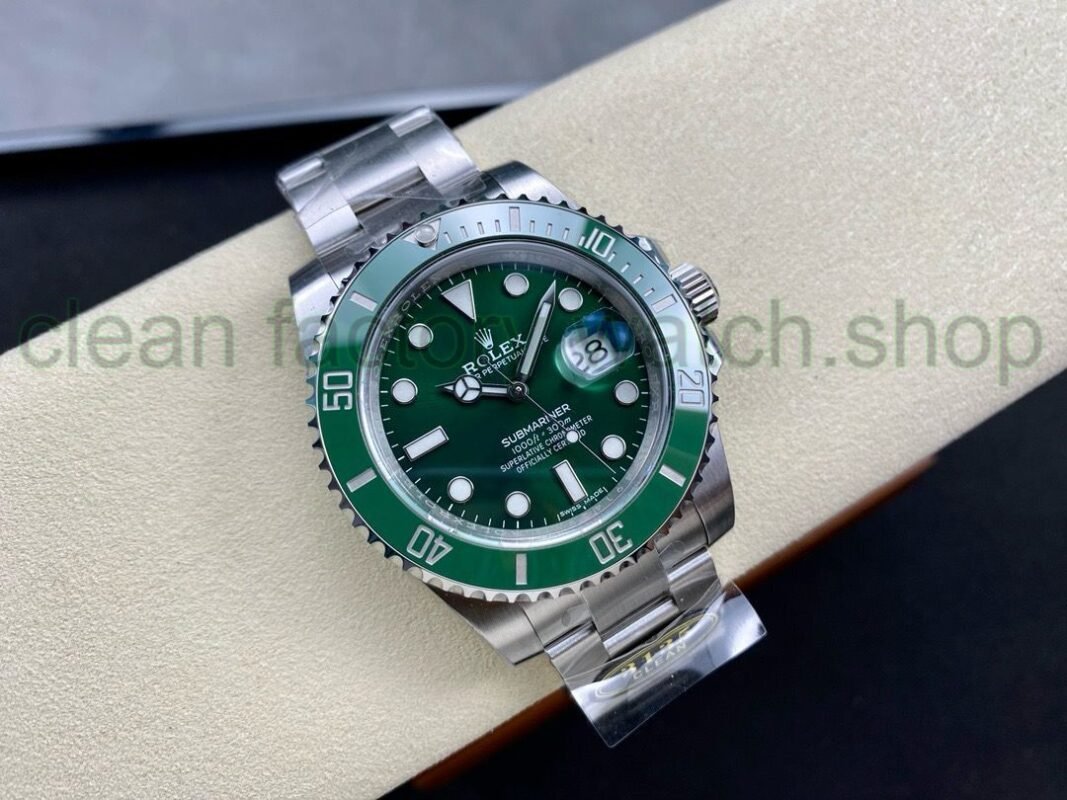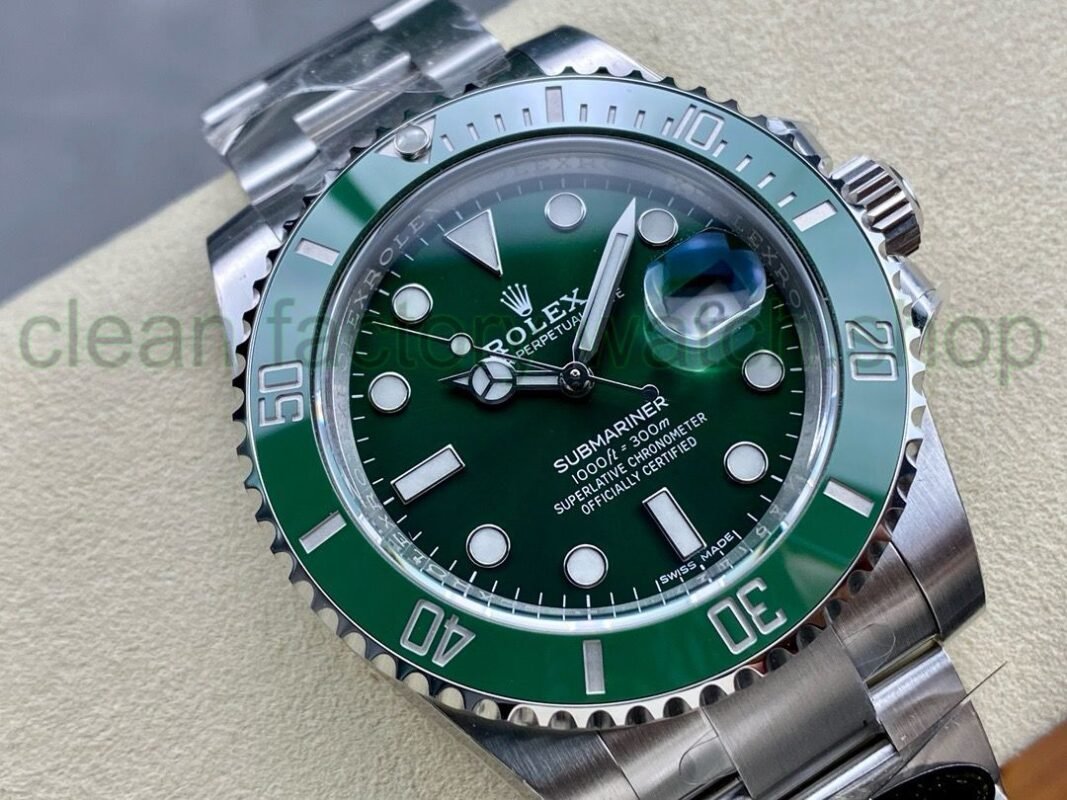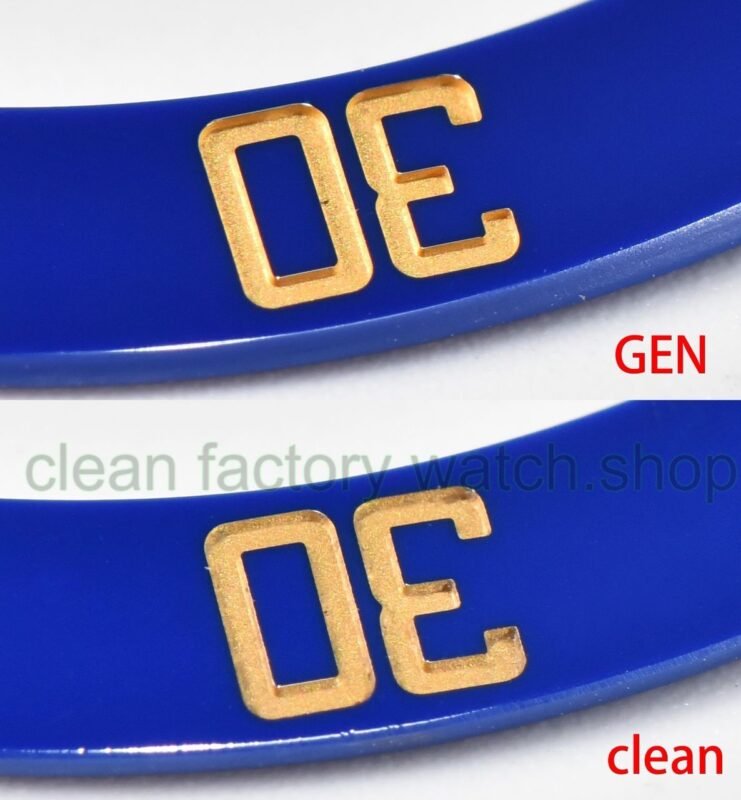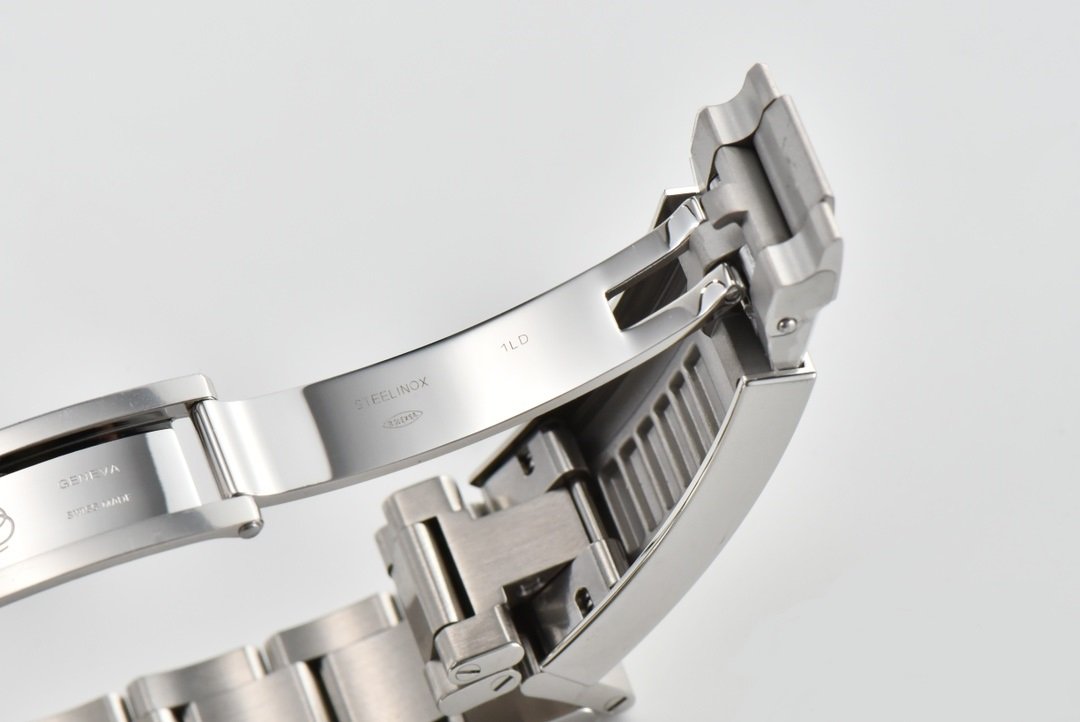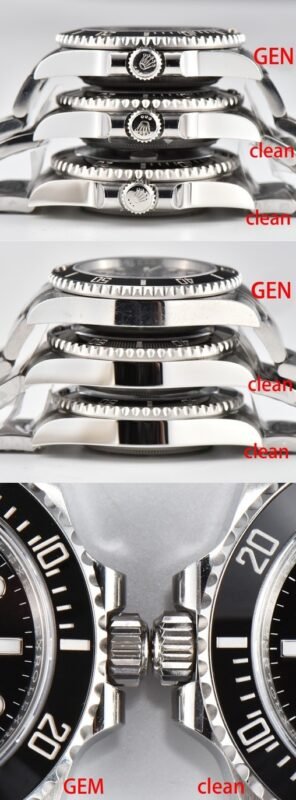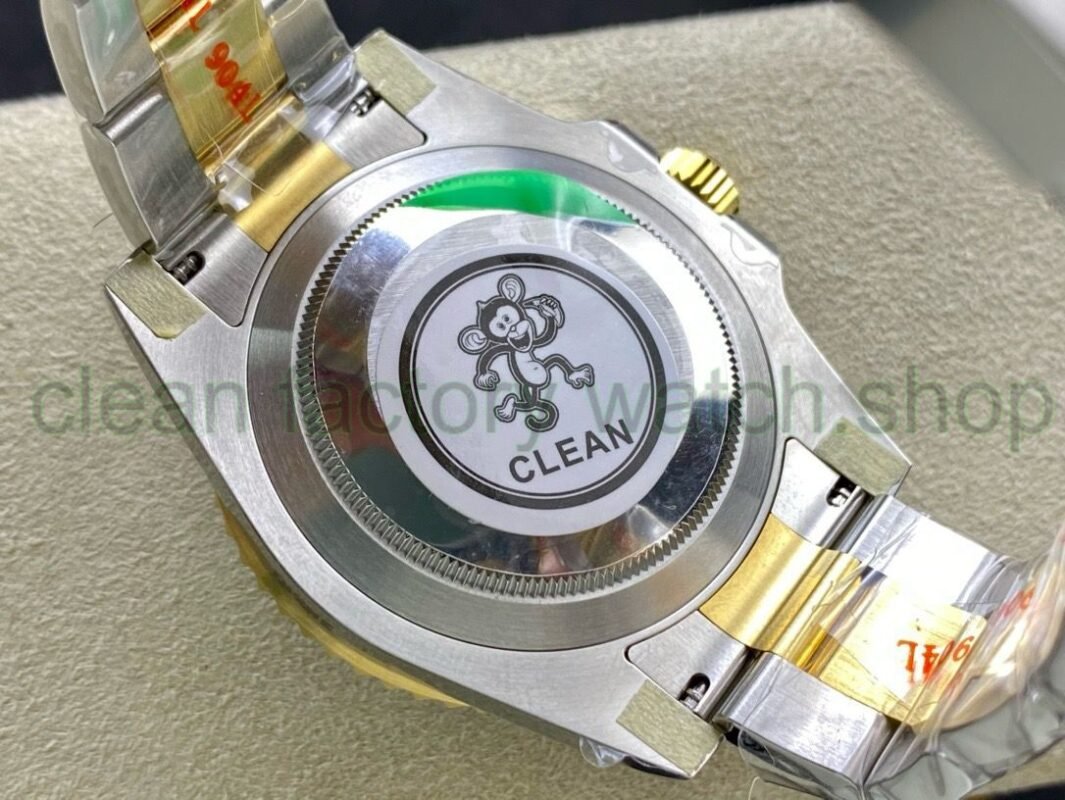Blog
Exploring Clean Factory Watches: Where Elegance Meets Ethics
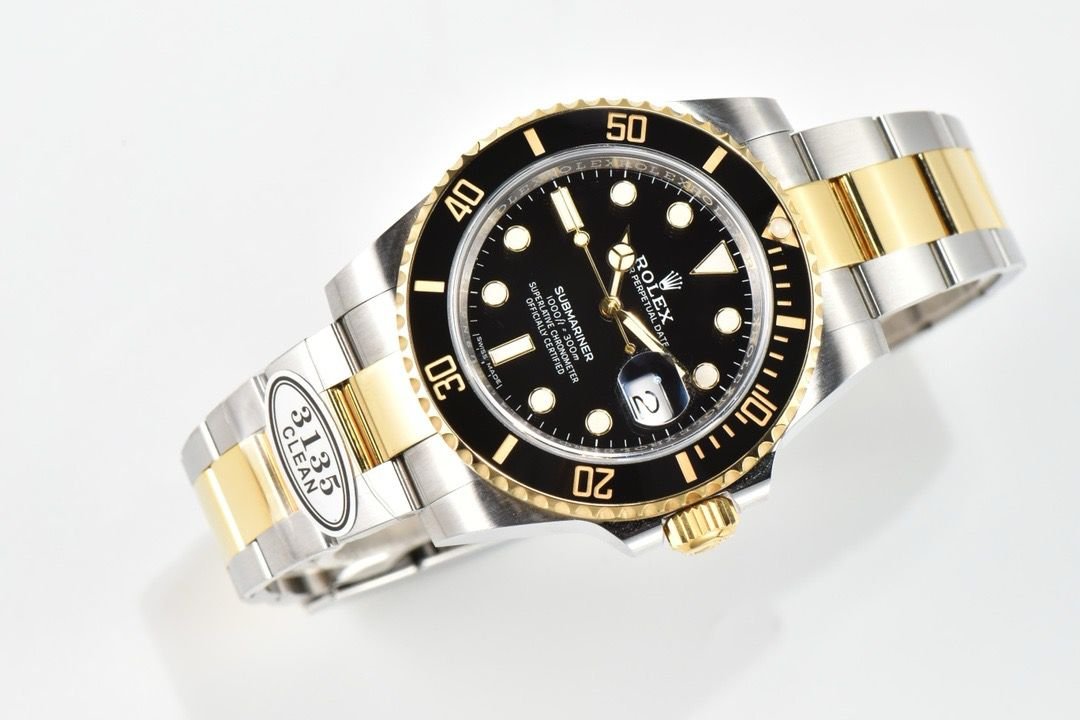
In a world where consumer choices increasingly reflect personal values, the intersection of elegance and ethics has become more pronounced, especially in the realm of horology. Clean factory watches, a term that resonates with both the art of fine watchmaking and the principles of sustainability, are emerging as a symbol of this new consciousness. these timepieces,often crafted with meticulous attention to detail and a commitment to ethical practices,challenge the customary norms of luxury while offering a distinctive allure. In this article, we embark on a journey to explore the fascinating world of clean factory watches—where craftsmanship meets responsibility, and timekeeping transforms into a statement of mindfulness and style. Join us as we delve into the craftsmanship, beliefs, and emerging trends that define this unique sector of the watch industry.
Table of Contents
- Understanding Clean Factory Watches and Their Ethical Impact
- Craftsmanship at Its Finest: The art of Sustainable Watchmaking
- Choosing the Right Clean Factory Watch for Your Lifestyle
- Maintaining Elegance: Care Tips for Your Ethical Timepiece
- Q&A
- in Retrospect
understanding Clean Factory watches and Their Ethical Impact
In recent years, the rise of clean factory watches has sparked a transformation in both the horology and fashion industries. These timepieces are engineered not only for their aesthetic appeal but also for their sustainable production methods.By utilizing materials that are ethically sourced and implementing manufacturing practices that minimize environmental impact, clean factory watches bridge the gap between luxury and responsibility.Some standout features of these watches include:
- Eco-pleasant materials: Many models are crafted from recycled metals and sustainable leather alternatives.
- Clarity: Brands frequently enough provide clear insights into their supply chains, promoting accountability.
- Fair labor practices: Ensuring that workers involved in production are treated fairly and compensated appropriately.
Moreover, the ethical impact of these timepieces extends beyond the individual consumer to the broader community.These watches often contribute a portion of their profits to environmental causes or social initiatives, creating a positive ripple effect. A comparative overview of traditional vs. clean factory watches illustrates this remarkable shift in the industry:
| Aspect | Traditional Watches | Clean Factory Watches |
|---|---|---|
| Materials Used | Conventional materials with potential unethical sourcing | Recycled and sustainable materials |
| Production Process | Often energy-intensive and resource-depleting | Eco-conscious and efficient manufacturing |
| Labor Standards | Variable conditions, often poor | Fair wages and ethical treatment |
Craftsmanship at Its finest: The Art of Sustainable Watchmaking
In the realm of horology, sustainable watchmaking has emerged as a beacon of innovation, bringing together traditional craftsmanship and forward-thinking ethics. Artisans are now pouring their hearts into creating timepieces that not only exude elegance but also reflect a commitment to the planet. The meticulous processes involved in this form of artistry include:
- Eco-friendly materials: Utilization of sustainable metals and reclaimed wood.
- Solar energy: Incorporation of solar-powered movements, reducing reliance on batteries.
- Crafted by hand: Maintaining artisanal techniques that ensure quality and reduce waste.
Moreover, the marriage of modern technology and age-old craftsmanship leads to designs that are both timeless and contemporary. brands are increasingly adopting transparent supply chains, allowing consumers to understand the origins of their watches and the sustainability practices behind them. A recent survey highlighted the shift in consumer preferences towards ethical products:
| Consumer Preference | Percentage |
|---|---|
| Watches from sustainable brands | 72% |
| Traditional luxury watches | 28% |
This shift illustrates the demand for products where beauty intertwines with responsibility, driving brands to innovate while maintaining a strong ethical backbone. Today’s watchmakers are not just creators; they are storytellers, sharing narratives of sustainability and masterful technique with every tick of the clock.
Choosing the Right Clean Factory Watch for Your Lifestyle
When selecting a clean factory watch,it’s essential to consider how well it aligns with your daily routine and personal tastes. For the active individual, look for models that emphasize durability without compromising style. Options that feature water resistance, robust materials, and a cozy fit are suitable for those who lead a more adventurous lifestyle. On the other hand, if your daily activities are business-focused or involve formal settings, prioritize timepieces that exude understated elegance. Consider styles that incorporate minimalist design with a refined color palette, making them versatile enough to transition from the office to social events seamlessly.
Additionally, the ethical production practices behind clean factory watches can greatly influence your choice. Ensure that the watch you select adheres to sustainable practices, as this not only reflects your values but enhances your overall experience with the product.Keep an eye out for brands that offer transparent supply chains and commit to eco-friendly materials. Here’s a rapid comparison of factors to consider:
| Factor | Active Lifestyle | Formal Settings |
|---|---|---|
| Durability | ✔️ | ❌ |
| Style Versatility | ❌ | ✔️ |
| Eco-Friendly Materials | ✔️ | ✔️ |
| Water Resistance | ✔️ | ❌ |
Maintaining Elegance: Care Tips for Your Ethical Timepiece
To keep your ethical timepiece looking its best, regular cleaning and careful handling are essential. Begin by gently dusting the watch with a soft, lint-free cloth to remove fingerprints and debris.For deeper cleaning, you can use a slightly dampened cloth with mild soap, ensuring that it does not come into contact with any of the watch’s openings. It’s advisable to avoid harsh chemicals that could damage the materials. Furthermore,if your watch is water-resistant,rinse it with fresh water after exposure to saltwater or sweat,and dry it thoroughly to prevent corrosion.
Store your watch in a cool, dry place, away from direct sunlight, to prevent fading and maintain its integrity. Consider using a dedicated watch box or pouch to protect it from scratches and dust. Here are some quick tips for keeping your timepiece elegant:
- Limit exposure to extreme temperatures.
- Avoid exposing your watch to perfumes or lotions.
- Have it serviced regularly to maintain its mechanics.
- Remove it during physical activities to prevent damage.
For those who prioritize both aesthetics and sustainability, keeping the following maintenance checklist in mind can prolong the life of your watch:
| Maintenance Task | Frequency |
|---|---|
| Wipe with a soft cloth | Weekly |
| Deep clean the casing | Monthly |
| Check water resistance | Annually |
| Full service (mechanical models) | Every 3-5 years |
Q&A
Q&A on Exploring Clean Factory Watches: Where Elegance Meets Ethics
Q1: What are clean factory watches, and why are they gaining popularity?
A1: Clean factory watches are timepieces produced in ethical and sustainable environments, often emphasizing eco-friendly practices, responsible sourcing of materials, and fair labor conditions. Their rising popularity can be attributed to a growing consumer awareness of ethical consumption and a desire for products that align with personal values. As more watch enthusiasts seek elegance without compromising integrity, clean factory watches have stepped into the limelight.
Q2: How do clean factory watches differ from traditional luxury watches?
A2: While traditional luxury watches often focus on high craftsmanship and heritage, clean factory watches elevate those qualities by incorporating sustainable and ethical practices into the production process. This includes ensuring fair treatment of workers, minimizing environmental impact, and using ethically sourced materials. In essence, clean factory watches merge luxury with a conscientious approach to manufacturing.
Q3: What materials are typically used in clean factory watches?
A3: Clean factory watches may utilize a variety of materials that reflect their ethical commitments. Common choices include recycled metals, sustainable woods, organic cotton, and biodegradable materials. Some brands also embrace innovative alternatives like bio-based plastics or lab-grown gemstones, all while ensuring minimal environmental impact.
Q4: Are clean factory watches more expensive than traditional watches?
A4: Pricing can vary significantly depending on the brand, materials used, and craftsmanship involved. While some clean factory watches may command a premium due to their ethical sourcing and production processes, many brands strive to offer accessible options without sacrificing quality. Ultimately,consumers may find value in investing in watches that embody both elegance and responsibility.
Q5: How can a consumer identify a reputable clean factory watch brand?
A5: to identify a reputable clean factory watch brand, consumers should conduct research into the company’s practices and values. Look for transparency in sourcing, labor practices, and environmental initiatives. Certifications or partnerships with recognized sustainability organizations can also serve as indicators of a brand’s commitment to ethical production. Customer reviews and testimonials can provide additional insights into the brand’s integrity.
Q6: What role do clean factory watches play in the broader conversation about sustainability in fashion?
A6: Clean factory watches are part of a larger movement within the fashion industry that prioritizes sustainability and ethical practices.By offering an option to traditional luxury, these watches encourage consumers to rethink their purchasing habits and consider the ethical implications of their choices. They inspire broader conversations about resource depletion, labor rights, and environmental stewardship, advocating for a shift toward more responsible consumption across all fashion categories.
Q7: Are there any downsides to purchasing clean factory watches?
A7: As with any market, some downsides may exist. The challenge of navigating between truly ethical brands and those that engage in “greenwashing” can be daunting for consumers. Additionally, limited availability or higher costs for some clean factory watches can deter potential buyers. However, as awareness and demand grow, one can expect a broader range of options to emerge, making responsible choices more accessible.
Q8: how can I incorporate clean factory watches into my style?
A8: Incorporating clean factory watches into your style is as simple as selecting a timepiece that resonates with your personal aesthetic. Consider the design—whether minimalistic, vintage, or sporty—which will complement your wardrobe. These watches can serve as a focal point or an elegant accessory,effortlessly transitioning from casual to formal settings. Additionally, they can spark conversations around sustainability, allowing you to showcase your commitment to ethical choices.
—
Through this Q&A, readers can explore the intersection of elegance and ethics in clean factory watches, leading them to a more informed and conscientious purchase.
In Retrospect
the world of clean factory watches offers a refreshing blend of elegance and ethical responsibility that resonates with today’s conscientious consumer. As we navigate an increasingly complex landscape of luxury, these timepieces stand as a testament to what is possible when craftsmanship aligns with a commitment to sustainability.Whether you’re drawn to the refined aesthetics or the transparent production practices, clean factory watches invite you to embrace a lifestyle that champions both style and integrity. As you consider your next investment in horological artistry, remember that each tick and tock from these ethical creations speaks not only to the passage of time but also to the values of a new era in watchmaking. Embrace the future with a clear conscience, where every glance at your wrist is a reminder that elegance can coexist harmoniously with ethics.

